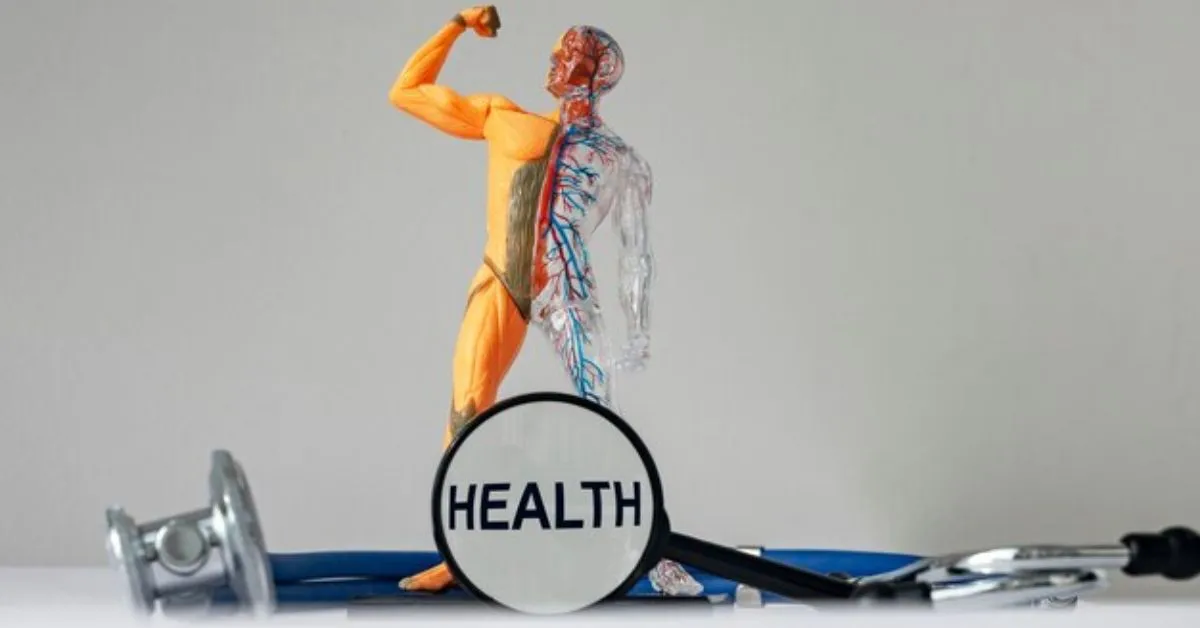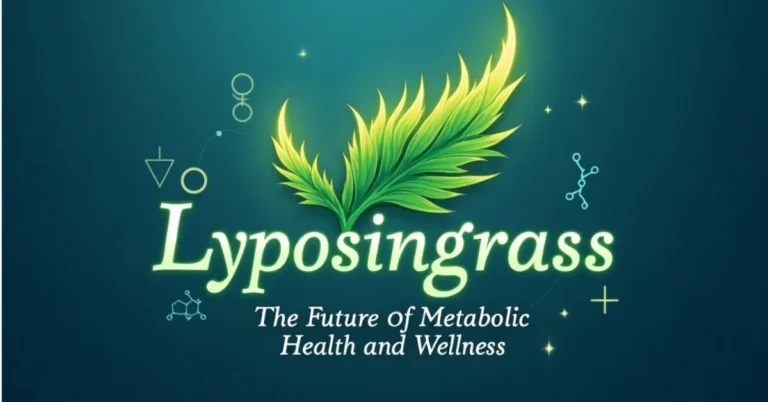The Ultimate Guide to Recuperbate: A Holistic Approach to Healing and Recovery
In today’s fast-paced world, health and recovery are more important than ever. The term “recuperbate” has recently gained attention, representing an integrated approach to recuperating from illness, injury, or stress. This concept extends far beyond simple rest—it’s about embracing a holistic recovery process that nurtures both the body and the mind. Whether you’re recovering from a physical injury, managing stress, or seeking overall wellness, recuperbate offers a framework to guide you through the healing journey. This article explores the meaning of recuperbate, its significance in various types of recovery, and how to incorporate its principles into your daily life.
What Does Recuperbate Mean?
At its core, recuperbate is derived from the word “recuperate,” which refers to the process of regaining health after an illness or injury. However, recuperbate encompasses more than just physical healing—it represents a holistic approach to recovery, integrating both physical and mental well-being. It implies an active, engaged recovery process that is intentional, mindful, and multi-faceted.
In a world that often focuses on quick fixes and instant results, recuperbate calls for a deeper, more thoughtful way of healing. It emphasizes that true recovery happens when both the body and mind are given the time, tools, and space to heal in harmony.
The Importance of Recuperbate in Healing
Physical Recovery
The recuperbate process is essential to the physical recovery journey, particularly after illness, injury, or strenuous activity. After the body experiences trauma, be it a physical injury or simply overexertion, the healing process requires time and attention to replenish nutrients, restore mobility, and repair tissues.
Key aspects of physical recovery through recuperbate include:
- Reducing Inflammation: One of the first steps in healing is to reduce inflammation. This can be achieved through methods such as rest, ice, or physical therapy, which help decrease swelling and discomfort.
- Improving Circulation: Proper circulation is necessary for transporting oxygen and nutrients to the muscles, joints, and tissues, helping to speed up the recovery process.
- Replenishing Nutrients: The body needs a variety of nutrients, such as vitamins, minerals, and proteins, to promote tissue repair, strengthen the immune system, and rebuild energy reserves.
Mental Well-being
It’s equally important to focus on the mental aspect of recovery. Illness or injury can be mentally taxing, leading to feelings of frustration, anxiety, or depression. Recuperbate emphasizes mental rest and the use of relaxation techniques to promote a positive mindset. Managing emotions and stress during recovery can significantly enhance overall well-being and expedite healing.
Some mental well-being strategies to consider include:
- Mindfulness and Meditation: Practicing mindfulness techniques can help manage stress and create a sense of peace. Guided meditation or deep breathing exercises are proven ways to calm the mind, enhance focus, and improve emotional health.
- Emotional Support: Feeling supported by family, friends, or support groups can help individuals stay emotionally grounded and prevent isolation, which can slow down recovery.
Preventing Relapse
One of the most crucial aspects of recuperbate is ensuring that the body and mind do not rush back into regular routines before they are fully healed. Prematurely resuming regular activities can lead to setbacks or relapse, prolonging the recovery process. Recuperbate encourages patience and a structured, gradual return to daily activities to ensure long-term health and well-being.
Enhancing Performance
For athletes and active individuals, recuperbate plays a crucial role in enhancing performance. Proper recovery allows the body to regenerate and replenish, ensuring that individuals maintain strength, endurance, and flexibility. Athletes who engage in the recuperbate process are less likely to experience burnout and more likely to reach peak performance in their training or competition.
Key Components of a Successful Recuperbate Routine
To fully embrace the recuperbate process, it’s essential to create a recovery routine that incorporates multiple elements of physical and mental healing. Below are some key components that contribute to a holistic recuperbate routine.
Rest and Sleep
Rest and sleep are two of the most important factors in the recuperbate process. Sleep is a powerful tool that enables the body to repair tissues, strengthen the immune system, and restore energy. Adequate rest gives the body time to recover from physical exertion, illness, or injury.
- Optimal Sleep Duration: For adults, getting between 7-9 hours of sleep is crucial to maximize the recovery process.
- Sleep Quality: Beyond the quantity of sleep, the quality of rest matters. Ensuring a restful sleep environment and establishing a bedtime routine can promote deeper and more restorative sleep.
Nutrition and Hydration
Good nutrition and hydration are fundamental to the recuperbate process. The body needs an abundance of vitamins, minerals, proteins, and healthy fats to rebuild and recover effectively. A well-balanced diet, rich in whole foods, helps provide the body with essential nutrients to aid in tissue repair, boost immune function, and maintain overall energy levels.
- Foods to Include: Fruits, vegetables, whole grains, lean proteins, and healthy fats should form the foundation of a recuperative diet.
- Hydration: Staying hydrated is equally essential for the body’s ability to function optimally during the recovery phase. Dehydration can lead to fatigue, muscle cramps, and slowed healing.
Gentle Movement and Stretching
While rest is key, gentle movement and stretching are also crucial to prevent stiffness, improve circulation, and maintain flexibility during the recovery process. Light activities such as walking, yoga, or stretching can enhance mobility and help reduce tension.
- Yoga and Stretching: These practices not only help the body but also promote mindfulness and emotional healing, contributing to mental clarity and emotional well-being.
Mindfulness and Mental Strategies
Mindfulness practices such as meditation, deep breathing, or journaling can significantly enhance the recuperbate experience. These techniques reduce stress, improve emotional regulation, and support mental resilience during recovery. Integrating mindfulness practices into your recovery routine can help manage any negative emotions, boost self-awareness, and maintain a sense of calm during stressful times.
- Journaling: Writing down your thoughts and feelings can be an effective way to process emotions and track your recovery progress.
- Guided Meditation: A few minutes of meditation each day can help center the mind and alleviate anxiety or stress.
Social Support and Connections
Having a strong support system is essential for successful recuperbate. Family, friends, or even support groups can provide emotional comfort, encouragement, and practical help when needed. Social connections can also contribute to a positive mindset and help individuals feel less isolated during recovery.
- Staying Connected: Regularly engaging with loved ones can provide emotional support and increase motivation to stick with the recovery process.
Professional Guidance
For more severe health conditions or injuries, consulting with healthcare professionals is essential. Experts such as physiotherapists, dietitians, and mental health specialists can provide tailored recovery plans that are specific to your individual needs.
- Physiotherapy: If dealing with musculoskeletal injuries, physiotherapists can guide proper rehabilitation exercises.
- Mental Health Support: For emotional recovery, therapists or counselors can assist in managing stress, anxiety, and depression.
Challenges in the Recuperbate Process
While the benefits of recuperbate are clear, many individuals encounter challenges on their recovery journey. Some common challenges include impatience, lack of motivation, and external pressures to resume regular activities too quickly.
Overcoming Impatience
A significant challenge in the recuperbate process is impatience. People often feel the urge to rush through recovery, which can lead to setbacks or injury. It’s important to acknowledge that recovery is a gradual process that takes time. Practicing self-compassion and reminding oneself that rest and recovery are necessary for long-term health can help manage impatience.
Maintaining Motivation
Maintaining motivation throughout recovery can be difficult, especially when progress feels slow. Setting small, achievable goals and celebrating milestones along the way can help maintain momentum. Support from family and friends can also provide the encouragement needed to stay on track.
External Pressures
External pressures, such as societal expectations or workplace demands, can create stress and cause individuals to return to regular activities prematurely. It’s important to communicate your recovery needs to those around you and establish boundaries to ensure that your recuperbate process is respected.
Conclusion
In conclusion, recuperbate represents a holistic and intentional approach to recovery that goes beyond physical healing. It integrates both the body and mind, fostering emotional resilience, mental clarity, and physical strength. By prioritizing rest, nutrition, mindfulness, and social support, individuals can optimize their recovery journey and prevent setbacks.
Recuperbate encourages individuals to view recovery as a journey, not a destination. Embracing this comprehensive approach can lead to lasting well-being and a healthier, more fulfilling life. Whether you’re recovering from illness, injury, or simply seeking a path to overall wellness, the principles of recuperbate offer a framework for true healing and recovery.





